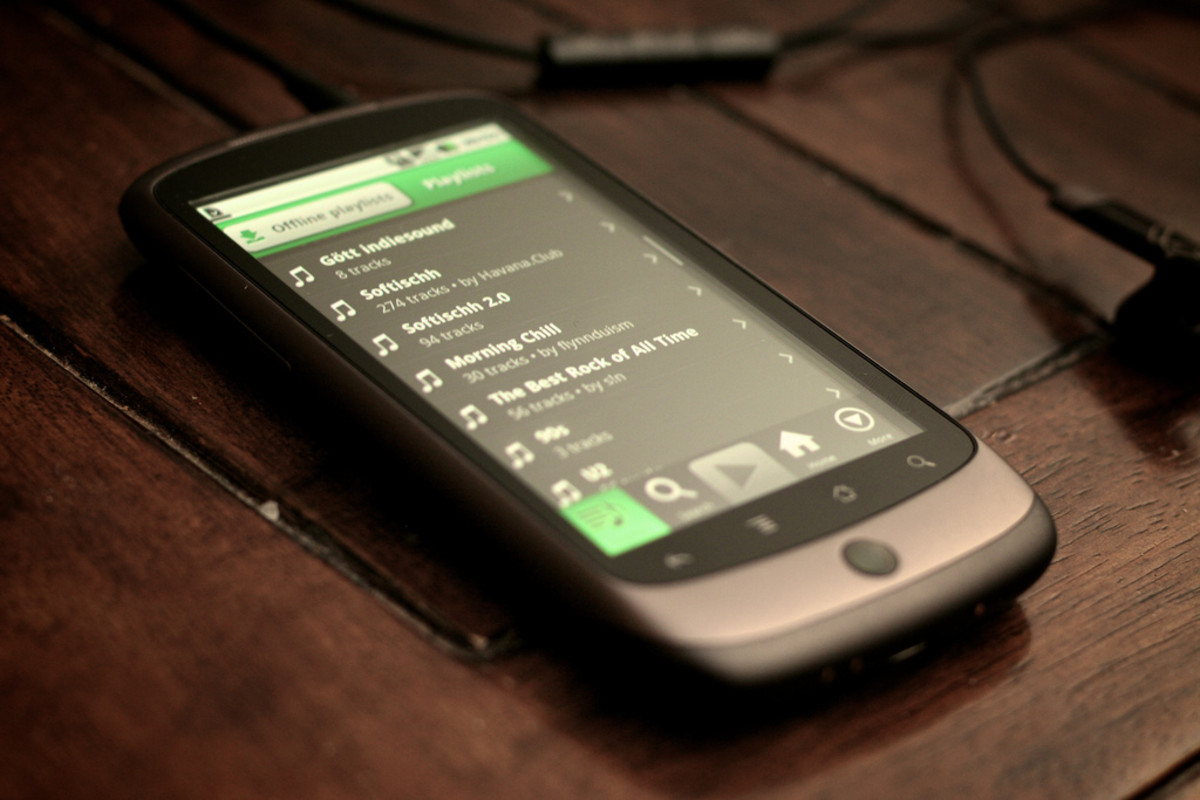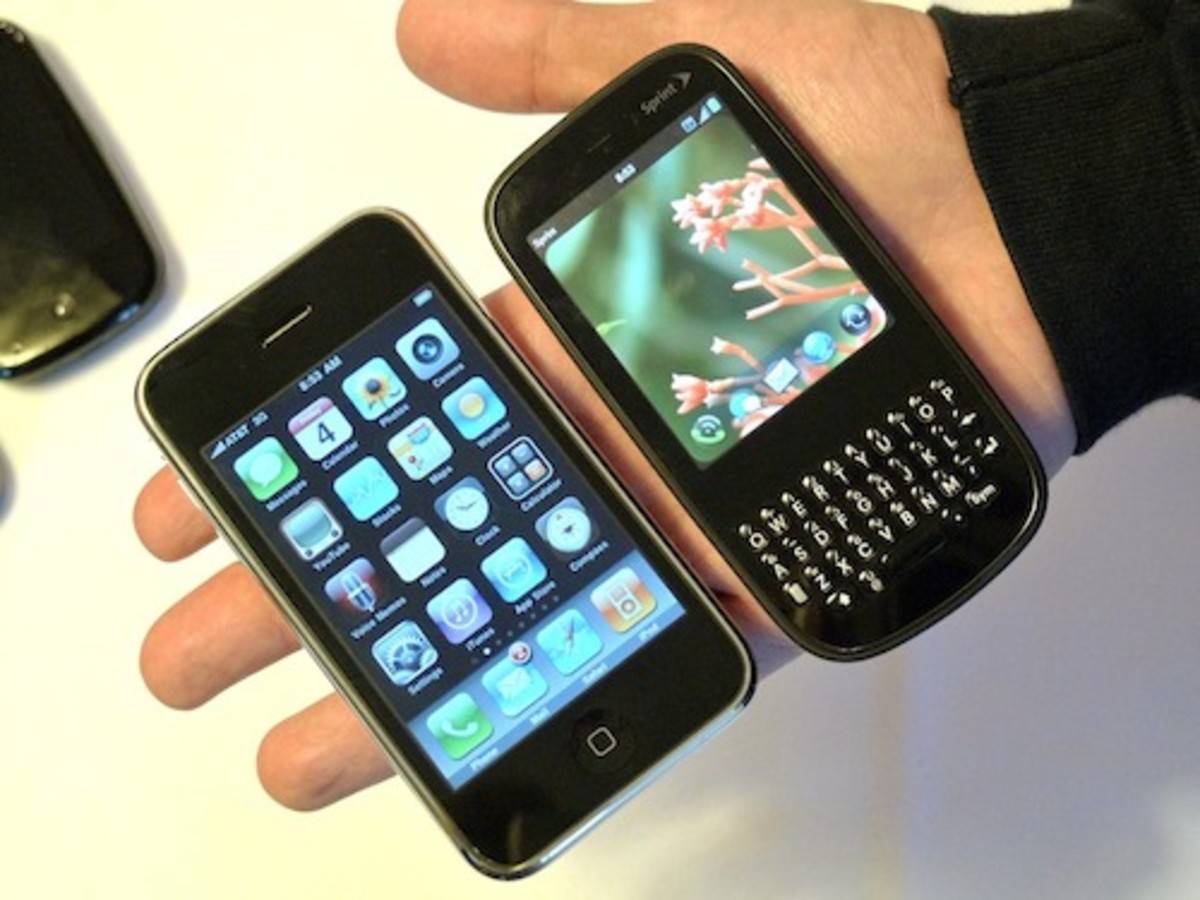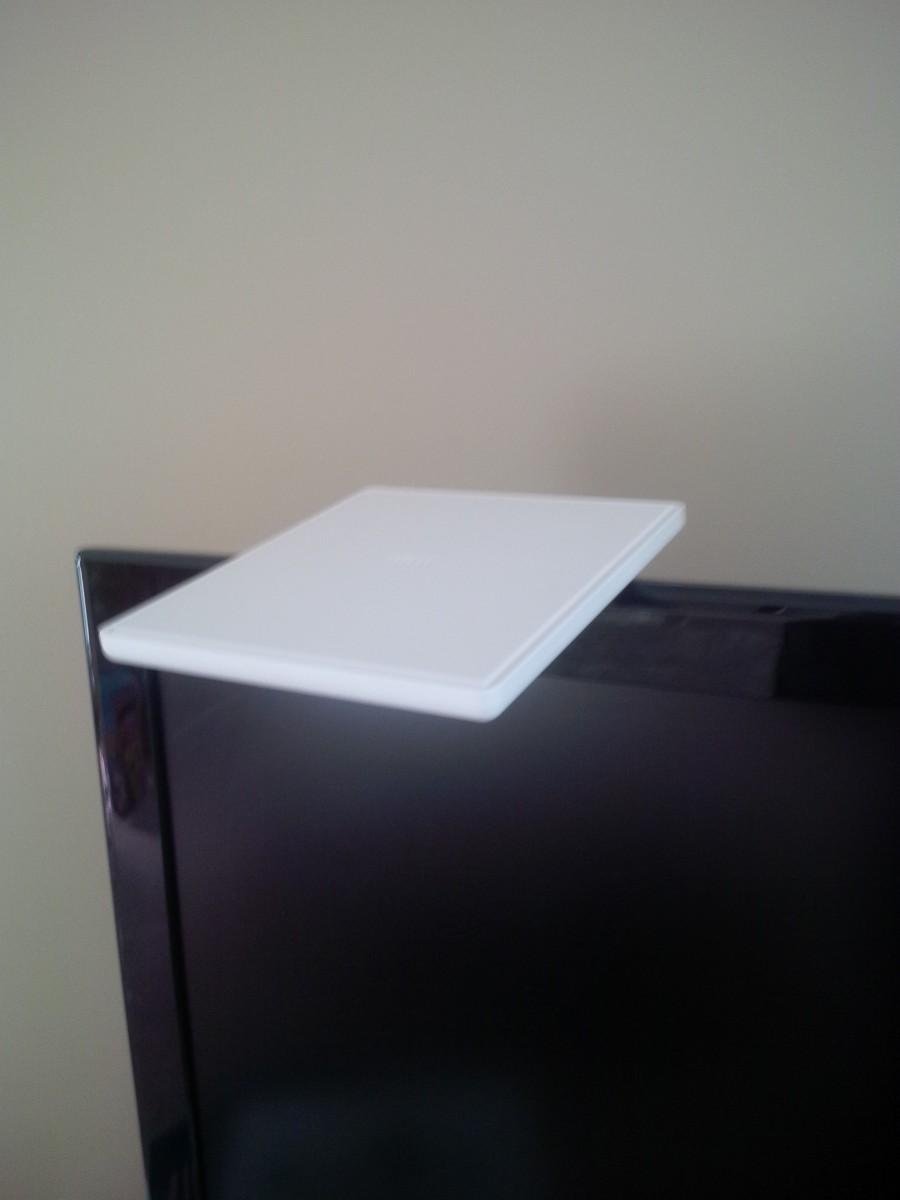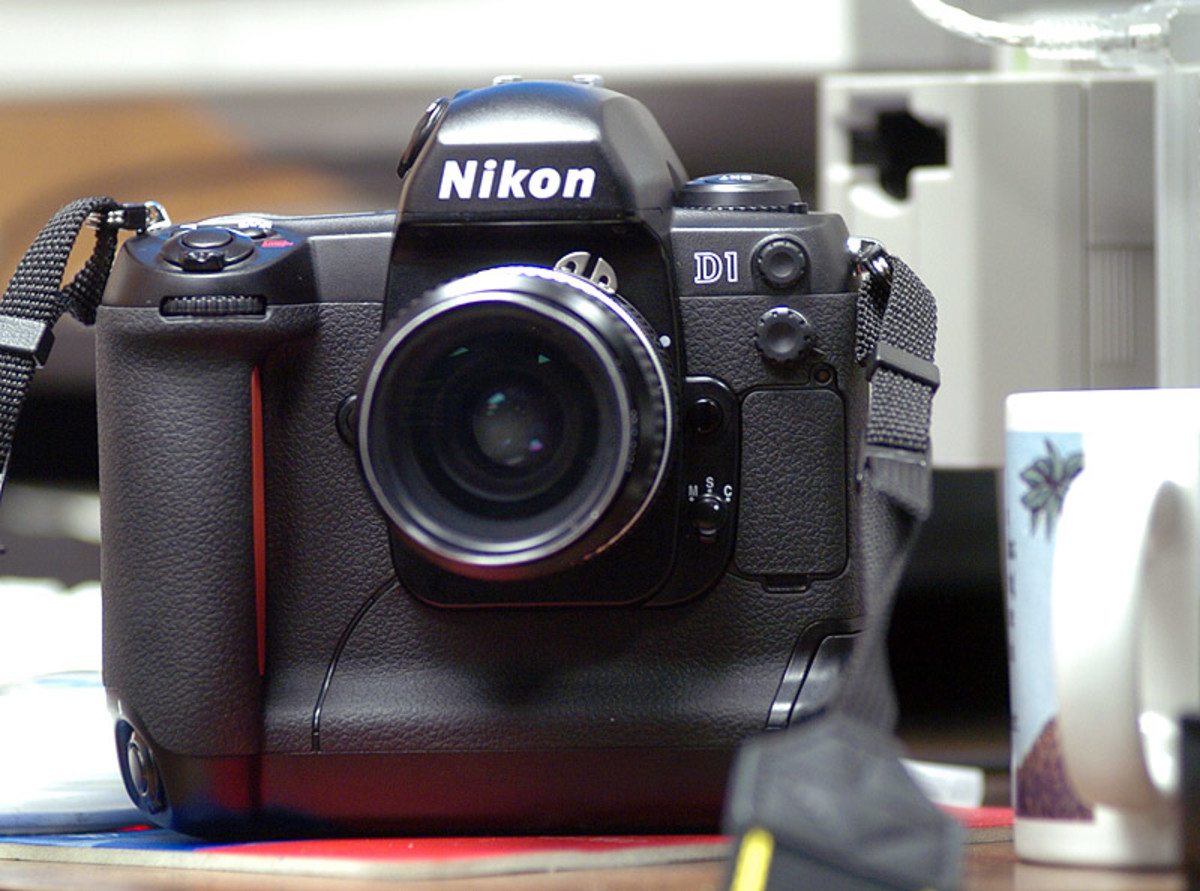Wireless Warning
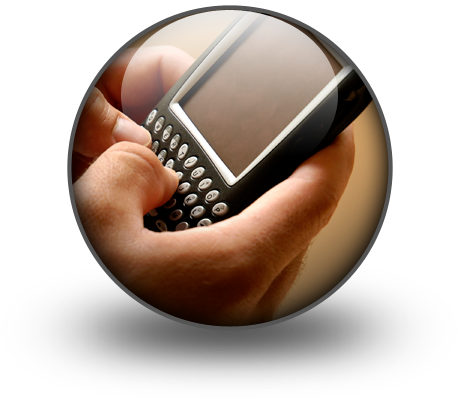
Having gotten into wireless networking quite a while ago, when it was only for business networks, I am very aware of the difficulties and dangers involved. As the smart phone craze grew, I was planning to do a doctoral thesis on the dangers of wireless communications. I decided not to, for a variety of reasons, including the reluctance of wireless providers to share information.
But I can and will share my concern with my readers. Business and home networks can be protected by passwords and firewalls. And the engagement of GPS when 9-1-1 is dialed is good. But once the phone companies started releasing GPS function whenever the phone is on, there has been trouble. While it may be handy for police, I do nothing that would require police action. I have to turn off my cell phone if I don’t want to be tracked. And anyone can download an app that tracks his children, ex-wife or personal enemy.
Even before the GPS issue, wireless companies collected data whenever a person uses a cell phone – where the call was made from and what tower was used was all they admitted to. Supposedly this was siply to know where to add towers.
Whenever there is a download to a smart phone, be it e-mail, Internet sites or pictures, the information is tracked. Just consider – how do they know how many megabytes you have downloaded for their billing?
It was discovered that when people upload photos from their smart phones, nefarious people were intercepting the photos and then using them on porn sites and for other purposes. The phone may be smart, but the criminal element is always smarter. Do you still want to photograph a check and send it to your account in the bank? The bank may have protective software in place, but the ether does not.
Garage door openers may have a very limited range, but they also have a limited range of frequencies that can be used. And no one carries their garage door opener in their pocket. If someone steals your car, he can just look at the registration to find out where you live. He then can drive to your home, open the garage door with the fob, and walk right into your house in most cases.
And the latest one, which scared the bananas out of me, has to do with your wireless car door locks. If you are the type of person who locks your car with the key fob as you walk away, be aware that there is a new community of car thieves who have a gadget to “snatch” the fob frequency. So they sit in a parking lot near an open parking space and you drive in and park there. As you leave they catch the frequency. While you are in the store, they can take the car. Don’t forget, these fobs also will often start your car by the same frequency. When you come back from the store or restaurant, you discover that your car has up and gone away.
Smart homes – where you can reset the locks from an airplane – are equally dangerous for the same reasons. Undoubtedly someone separate from you set the system up, so there is at least one other person who knows your code. I know whenever I developed a locked application for a client, I not only had my own administrative code to get in for upgrades, but I usually kept a note of the users’ entry codes, since the users would sometimes forget them.
When you use a public wi-fi, your data is no longer secure, and they will usually warn you of this. Even the data on your laptop, rather than the data you are sending, is up for grabs.
I am normally the easy-going person who scoffs at alarmists. But in this case, I know from reliable sources that these things do occur and they are possibly the tip of the iceberg. Perhaps things aren’t really as sophisticated as an NCIS episode, but you are certainly vulnerable. Maybe the old-fashioned manual systems are the best way to go for now.
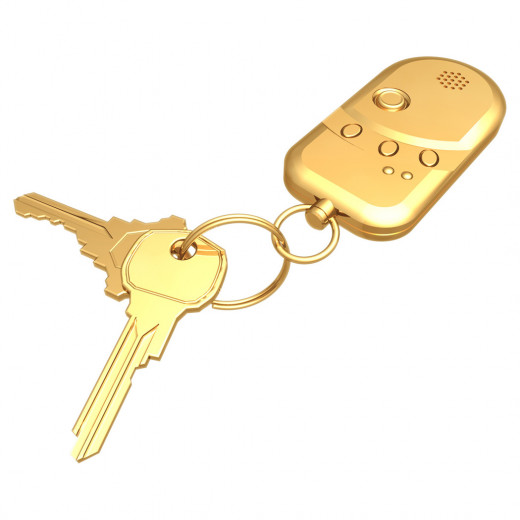
© 2014 Bonnie-Jean Rohner


